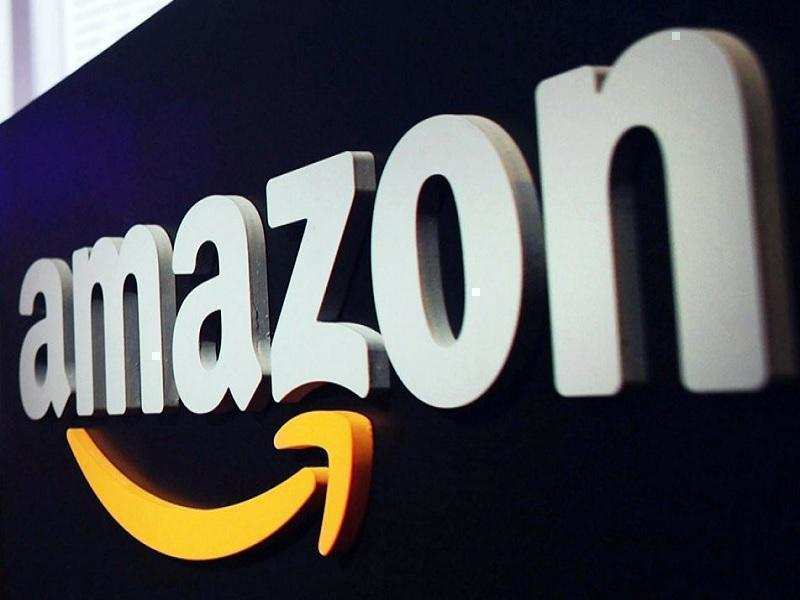 By Brad Stone
By Brad StoneA day before it delivered relatively good earnings to Wall Street last week, Amazon.com got roughed up in a New York City Council hearing over the company’s plans to locate half of second headquarters in Long Island City, Queens. “It’s a cold day in New York,” shouted one union organizer at a rowdy protest outside City Hall, “but it’s not as cold as Jeff Bezos’s heart.”
At the same time, 7,000 miles away, Amazon was suffering a more serious setback. In its most promising international market, India, regulators started enforcing new rules that preclude Amazon and its chief rival, the Walmart subsidiary Flipkart, from selling goods directly to customers or investing directly in third-party merchants that sell on its website. The new regulation means Amazon will have to pull over one third of its products—everything from diapers to Alexa speakers.
Amazon thought it had secured a warm welcome in New York and forged strong political ties in India. In New York, Governor Andrew Cuomo pledged during the HQ2 bakeoff to change his first name to “Amazon” and threw all of his political weight behind the deal. In India, Chief Executive Officer Jeff Bezos met repeatedly with Prime Minister Narendra Modi in both Delhi and Washington and bragged on Twitter that he was “excited to keep investing and growing” in the country.
In both cases, populism is now trumping politics. The political forces that are tilting elections and anointing new heroes on the left and right are now ensnaring one of the world’s largest companies.
In New York, Amazon has been shocked by the fierceness of local opposition. Many supporters of breakout Congresswoman Alexandria Ocasio-Cortez appear to have redirected their energies from her successful campaign to keeping Amazon out of Queens. Politicians that could have been counted on to vocally support HQ2 are holding back, fearful of suffering the same fate as Joe Crowley, the powerful Democratic politician she handily defeated.
In India, populist fervor and fear is also working against Amazon. In advance of national elections in May, Prime Minister Modi’s administration seems bent on appeasing millions of mom-and-pop store owners who make up a powerful voting block. Modi’s party, B.J.P., was trounced in recent elections, in part because voters blame him for ignoring small business owners and farmers.
Amazon could still prevail in both places. A strong majority of New Yorkers are welcoming of Amazon and eager for the jobs it could bring to the region, according to one Quinnipiac poll. And in India, the company’s rapid rise suggest that hundreds of millions of city dwellers in India love the convenience and selection of Amazon’s website.
But first Amazon is going to have to navigate tricky political waters at home and abroad. Winning popular support for a popular service is going to be more difficult than it ever imagined.
No comments:
Post a Comment